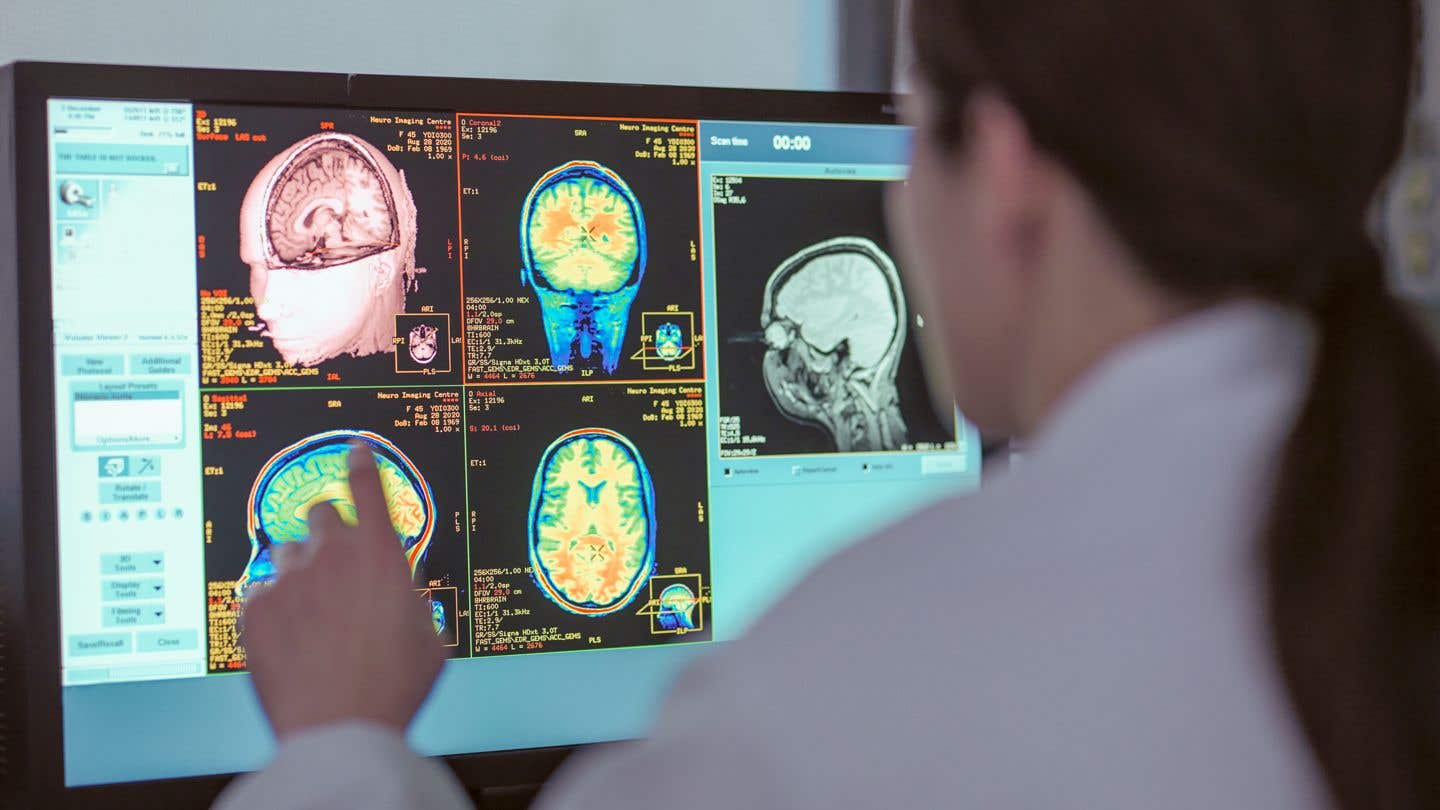Strawberries linked to lower Dementia risk, new study finds
Middle-aged adults looking to stay sharp may want to reach for a handful of strawberries, a new study suggests.

Researchers explore the brain-boosting potential of strawberries. (CREDIT: iStock Photos)
Middle-aged adults looking to stay sharp may want to reach for a handful of strawberries. A new study suggests this familiar fruit could help lower the risk of dementia in certain groups.
The research, led by Dr. Robert Krikorian from the University of Cincinnati, explores the brain-boosting potential of strawberries.
The study, published in Nutrients, adds weight to the idea that diet plays a key role in brain health. A daily serving of strawberries, the researchers found, could be a simple way to support cognition as we age. As memory concerns become more common, especially in older adults, these findings offer a hopeful option that's easy to adopt.
Dr. Krikorian, now professor emeritus of psychiatry and behavioral neuroscience, has long studied how food influences the brain. His earlier research in 2022 spotlighted blueberries for their role in delaying memory loss. That success led his team to examine other berries—this time, strawberries.
"Both strawberries and blueberries contain antioxidants called anthocyanins," Krikorian explains. These compounds have been linked to a range of health perks, including better memory and metabolism. He adds, "There is epidemiological data suggesting that people who consume strawberries or blueberries regularly have a slower rate of cognitive decline with aging."
But strawberries aren’t just packed with anthocyanins. They also contain ellagitannins and ellagic acid—lesser-known micronutrients with impressive reputations. These compounds are being studied for their potential to fight inflammation and support brain function.
Could strawberries really make a difference in the fight against memory loss? That’s the question this research begins to answer.
While more studies are needed, the idea that a sweet snack could help preserve mental clarity is both surprising and encouraging.
Related Stories
A striking 50% of individuals in the U.S. encounter insulin resistance—often a precursor to diabetes—as they reach their middle years. This condition has been indicted as a culprit in chronic diseases and potentially in cognitive decline. Krikorian's study ventures into largely uncharted waters by examining the cognitive ramifications of strawberry consumption in a prediabetic population.
"This study assessed whether strawberry consumption might improve cognitive performance and metabolic health in this population and, if so, whether there might be an association between cognitive enhancement and reduced metabolic disturbance," Krikorian states, signaling the dual focus of the investigation.
Study Design: A Strawberry-Specific Intervention for Dementia
A cohort of 30 overweight participants, aged between 50-65 and experiencing mild cognitive hiccups, stood at the forefront of this study. Their increased risk for dementia made them prime candidates for the intervention, which involved a stringent 12-week regimen where the only permitted berries came in the form of a daily supplement powder mixed with water at breakfast.
In a random divide, half of the group received powders equivalent to a cup of whole strawberries, while the others received a placebo. Cognitive tests probing long-term memory and executive functions were administered, alongside assessments of mood and metabolic health.
Findings: A Cognitive and Emotional Boost
For the strawberry group, the results were promising: diminished memory interference, signaling better executive control, an essential cognitive function. "Reduced memory interference refers to less confusion of semantically related terms on a word-list learning test," elucidates Krikorian. "This phenomenon generally is thought to reflect better executive control in terms of resisting intrusion of non-target words during the memory testing."
Moreover, those indulging in strawberries exhibited fewer depressive symptoms. Krikorian interprets this as a likely byproduct of "enhanced executive ability that would provide better emotional control and coping and perhaps better problem-solving."
Contrastingly, metabolic health markers like insulin levels, which were previously shown to improve with higher doses of strawberries in other studies, remained unchanged in this experiment. Krikorian posits that dosage could be a decisive factor.
The observed cognitive uptick may spring from strawberries' anti-inflammatory prowess. "Executive abilities begin to decline in midlife and excess abdominal fat, as in insulin resistance and obesity, will tend to increase inflammation, including in the brain," Krikorian notes. He hypothesizes that the strawberry intake might counteract brain inflammation, thus easing executive function impairments in the study's demographic.
Krikorian calls for expanded research to validate these findings, suggesting that subsequent trials encompass broader participant pools and explore a spectrum of strawberry dosages.
In essence, this study tantalizes with the possibility that strawberries may play a key role in maintaining mental sharpness. However, the message is clear: more berries on the plate could mean more years of cognitive grace.
As this research unfolds, the adage of "an apple a day" may soon find its counterpart in the humble strawberry, urging us to reconsider the power packed in our produce aisles.
Note: Materials provided above by The Brighter Side of News. Content may be edited for style and length.
Like these kind of feel good stories? Get The Brighter Side of News' newsletter.
Joseph Shavit
Head Science News Writer | Communicating Innovation & Discovery
Based in Los Angeles, Joseph Shavit is an accomplished science journalist, head science news writer and co-founder at The Brighter Side of News, where he translates cutting-edge discoveries into compelling stories for a broad audience. With a strong background spanning science, business, product management, media leadership, and entrepreneurship, Joseph brings a unique perspective to science communication. His expertise allows him to uncover the intersection of technological advancements and market potential, shedding light on how groundbreaking research evolves into transformative products and industries.



